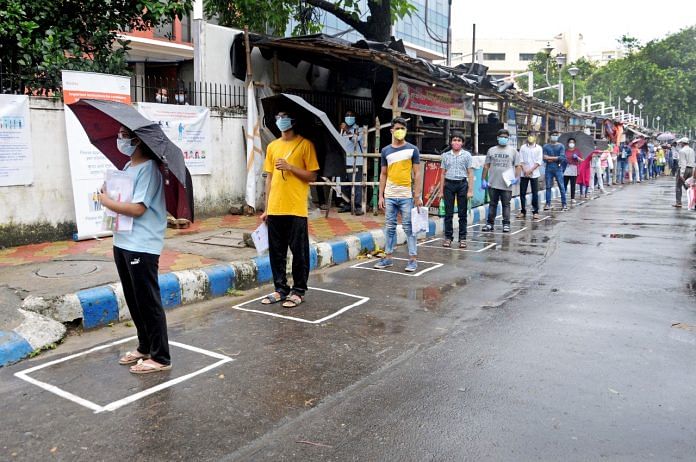In the month of July 2021, the All India Council for Technical Education (AICTE), the body governing technical education, accepted engineering courses in regional languages keeping up with NEP 2020. The step was welcomed by a large section of academicians, while others resisted the idea of decentralising technical language due to obvious reasons. Though AICTE has clarified that they do not intend to remove English from the curriculum, reality shows a different picture. The question that lies beneath the big reform is how this will affect India.
Effect on future students
The historical question that lies in the background of introducing either the courses or the entrance exam in technical education in regional languages is whether it has been a part of an empowerment strategy or a provisioning strategy. The storyline of empowering regional dialects with a tinge of technological education seems like putting truths below the carpet in a convincing fashion, the carpet being regional politics. One of the reasons that may be provided as evidence is that surveys and studies that show inclusivity of students from state boards is still low compared to boards like CBSE and ISC.
The projection of meritocracy that is being shown for languages is brittle because the Indian Education System, especially the public education system, which has failed to teach English to students in their secondary and higher secondary, practically does not provide any guarantee to teach English during the graduation years with large weightage on core technical subjects. It adds pressure on students. The promise of AICTE on compulsory English is a healthy step, but its success lies in whether it helps existing students, the colleges that are teaching with curriculum based completely on English as a medium. Ground realities are different from perceptions and presentations that are narrated about soft skills, and unemployed engineers say it all.
Also read: Govt working on management & non-tech courses in regional languages, AICTE chief says
Effect on availing batches and job market
All said and done, a policy or planning is effective when it can be sustainably implemented.
First, only 14 colleges have accepted to offer courses in regional languages, and not surprisingly IITs are not one of them. The second and the gravest problem would be lack of supporting material and additional textbooks, AICTE has massive plans to translate their own books to maintain uniformity but whether there is any possibility of getting reference books that are mentioned in their own handbook is a bit unclear. Name a book that even the weakest of the students refers to, you will see that translations are not available in the market. From the publishers’ point of view, there seems to be no reason to produce them with little demand at present. The last but a significant question is if the corporate world is viewing this as a welcome step, keeping their prejudices aside and hiring students from these courses. We must consider that whips of government haven’t been and will not be applicable to the corporate world, and any regulated and enforced privilege might stimulate Article 15.
Let’s view it from another perspective, India has many overseas citizens in the Middle East as labourers, technicians and engineers, and Indian employees know English, which has always proved to be an edge over domestic labour especially in international companies. We can rely on Google Translate, but Google has no answers for unemployment.
Also read: How colleges will offer engineering in languages such as Tamil, Telugu, Gujarati from 2021
The silver lining
Clouds come with silver linings, and education policies come with social progress and a culture that we as a society can feel proud of. As they say in bureaucrat language, a policy is as good as its implementation on the ground. The same is true for technical education in regional languages. If the concerns are taken care of and students are taught English considering necessary employment standards, the ease of access in education will highly improve.
In conclusion, regional languages could one day become a medium of instruction in Technical Education but only in inclusion with English. Also, quality of the course provided should be at least as good and ideally better than courses instructed in English, ensuring that the plan becomes a true story of reform and progression and not just another political gimmick.
Dibakar Das is a student at University Institute of Technology, University of Burdwan. Views are personal.



